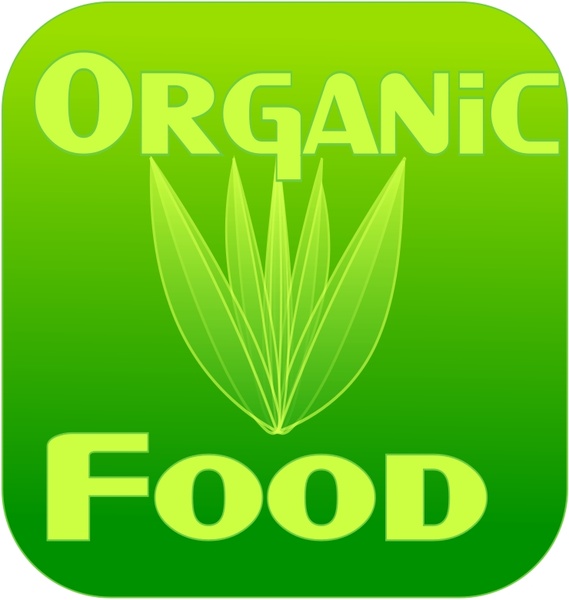It's an organic world these days. Everywhere we turn we see the word organic staring right back at us. Organic food, organic make-up, organic cotton clothes... There's even an organic resort in Malaysia (Surprised? Google it). The media, doing their duty for the good of society, have inundated us with tonnes of information and conflicting research on the organic products industry, which is growing rapidly despite the global economic roller-coaster (take for example the US where the industry grew from $1 billion in 1990 to $31.5 billion in 2011 and the UK where 8 in 10 households (83%) bought organic produce in 2011). In fact, the industry has become so big that people, like my friend Silvia, have decided to research the industry as part of their dissertations. So what is all the buzz about?
What is organic produce?
To be classified as organic, products need to be made using methods which do not involve pesticides, chemical fertilisers or food additives. Instead producers employ methods like crop rotation and rely on biological diversity in the field to disrupt pests and keep the soil fertile. This, it is said, results in better tasting food and products which cause less damage to the environment.
Why buy organic?
For starters, organic food products avoid the potentially adverse health effects of conventional food production which uses pesticides and chemicals that could cause cancer and hormonal imbalances. What's more, organic farming causes plants to activate their own defence mechanisms and hence produce more vitamins, minerals and antioxidants. That means organic foods, and in particular organic fruits and vegetables, have a higher level of nutrients and a healthier you.
When it comes to other organic products, such as make up and clothes, it still pays to go organic. For instance, it has been found that 60% of what we put on our skin gets absorbed into our bloodstream. Many chemicals used in make up and skin care products are not properly tested and can cause allergic reactions and skin rashes due to their toxicity. And of course, by buying organic you would be reducing your carbon footprint and doing your bit for the environment.
How to shop organic?
Shopping organic doesn't come cheap (costing 20 to 100 percent more than conventional food) and that is because of the higher costs of natural fertilisers, better living conditions for livestock and higher loss of crops. Therefore, it is good to be aware of which products should be on top of your organic shopping list. The highest priority should be given to foods that are highest in pesticides - think fruits and vegetables such as apples and strawberries and livestock products like meat, milk, yoghurt and eggs. It is also good to invest in organic or all natural make up and skin care products.
However, not everything has to be organic. The Environmental Working Group's "Shopper's Guide to Pesticides in Produce" lists conventional food products that are lowest in pesticides, such as mangoes and avocados (www.ewg.org/foodnews/summary). Personally, I would put other products such as organic cotton clothes in this category too, especially for those on a budget.
So now that we've got organic's basics covered, what do you, dear reader, think of it? I hear some of you say: "This is another way for modern capitalists to make more money out of traditional farming practices which are still used in some parts of the world due to necessity". Indeed, organic products seem to be part of modern society's paradox of life - we're so advanced that we feel the need to go back to basics, back to 'nature'.
Well, others would say the organic farming does not mean going ‘back’ to traditional methods, preferring to describe organic production as the combination of the best of these traditional methods with modern scientific knowledge. It is part of the progress and evolution of modern society - we've achieved a lot, now it's time to take care of our own well-being and that of the environment we live in.
P.S.








